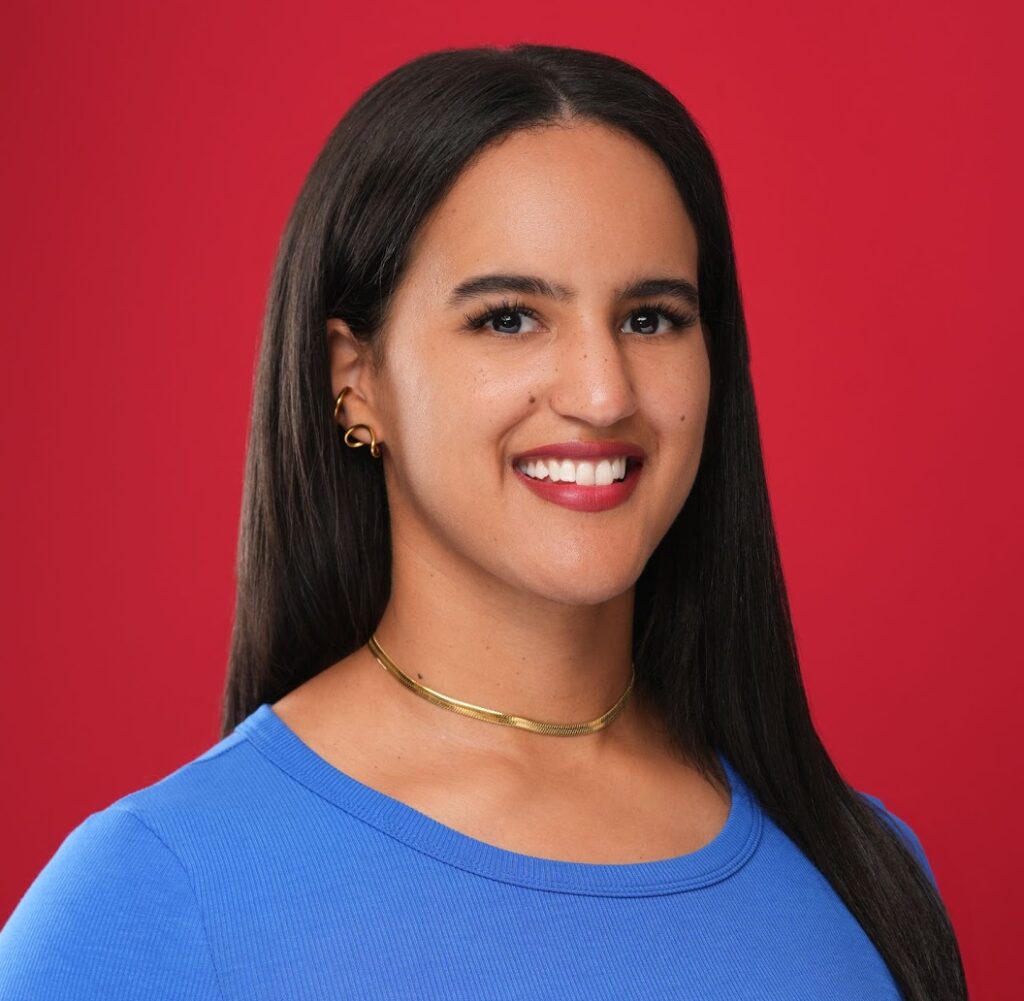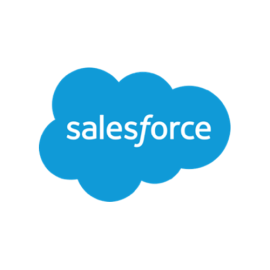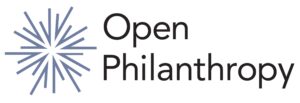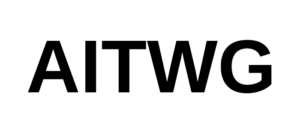This is the official website of the Competition for LLM and Agent Safety (CLAS) 2024, a NeurIPS 2024 competition. This competition, focusing on large language model (LLM) and agent safety, marks a significant step forward in advancing the responsible development and deployment of AI technologies. As LLMs and AI agents increasingly permeate various sectors, ensuring their safety and security becomes crucial. This competition aims to bring together leading researchers, developers, and practitioners to address the most pressing challenges in AI safety. Participants are tasked with designing and developing innovative solutions that induce harmful output from LLMs and agents, as well as lead to backdoor trigger recovery for LLMs and agents. The competition will not only encourages technical innovation but also fosters a deeper understanding of the safety implications of AI, aiming to drive the the field toward safer and more trustworthy AI systems.
Prizes: There is a $30,000 prize pool. The first-place teams will also be invited to co-author a publication summarizing the competition results and will be invited to given a short talk at the competition workshop at NeurIPS 2024 (registration provided). Our current planned procedures for distributing the pool are here.
CLAS 2024 comprises three major tracks where participants are challenged to develop automated prompt injection approaches to invoke undesirable LLM outputs or agent actions.
Compute Credits: We are awarding $500 compute credit grants to student teams that would not otherwise be able to participate.
These rules are an initial set, and we require participants to consent to a change of rules if there is an urgent need during registration. If a situation should arise that was not anticipated, we will implement a fair solution, ideally using consensus of participants.











Contact: clas2024-organizers@googlegroups.com
For updates and reminders, join the google group: https://groups.google.com/g/clas2024-updates.